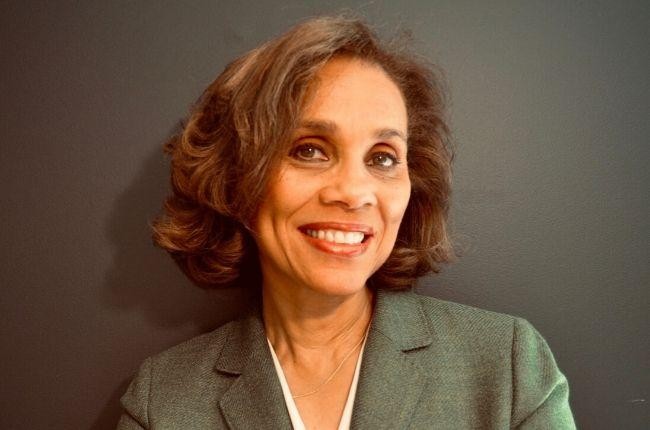
A Global Community of Leaders Committed to Advancing Education
A lot has changed in 2020, but one thing has only become more clear—leaders in advancement belong to a global community committed to advancing education to transform lives and society.
To bring that community together, CASE has established the first-ever CASE Global Leadership Forum. This online event will bring together decision-makers from the Summit for Leaders in Advancement and the CASE Europe Annual Conference's Leadership Forum to discuss next steps for a brighter future.
Army Surgeon General and Former Commanding General, U.S. Army Medical Command, Nadja West knows a lot about leadership as she’s been a trailblazer since she started her career. She is the first African American woman three-star general in the Army’s history, and currently the highest-ranking woman to ever graduate from West Point.
In addition to West’s many military accolades, she was named as one of Washington’s Most Powerful Women by Washingtonian Magazine, she received the Daughters of the American Revolution Margaret Cochran Corbin Award, and she was awarded the Armed Forces Medical Advocate Award by Essence Magazine. West has also been honored by George Washington University with the Distinguished Alumni Achievement Award and holds an honorary degree of Doctor of Public Service from the George Washington University and an honorary Doctorate of Humane Letters from Methodist University.
She is currently a Hauser Leader at Harvard Kennedy School's Center for Public Leadership and is excited to speak to the leaders and aspiring leaders in the advancement field on the first morning of the Global Leadership Forum on Sept. 29. Learn more about the program and how to register here.
What challenges are leaders are facing in this current environment and how can they work toward solutions?
There are so many tough topics that leaders are facing now. The obvious one is the global COVID-19 pandemic that has already claimed the lives of so many and has caused major disruption in how we operate in almost every sector.

The other tough topic is how leaders, along with our nation, will work through definitively and substantively addressing systemic racism that has existed for over four centuries, and has led to persistent disparities and a deep-seated tension that, sadly, continues to manifest itself in so many areas.
Another tough topic leaders are facing, which is not new to this environment, is how to create a vision for their organization while trying to “see around the corner” on how factors such as global warming; demographic changes that will affect the age composition of the workforce; the “new normal” for our education system at all levels; the persistent threat of future pandemics; and potential areas of instability around the world, to name a few, will affect their organizations.
How to work through solutions on such disparate topics may seem daunting, but leaders can start by exercising the fundamentals of good leadership. Being ethical leaders of character, developing and valuing their teams, being inclusive to get as many perspectives as possible to develop courses of action for possible solutions, remaining optimistic by seeing challenges as opportunities to reinvent, are just a few thoughts on how to approach leading in any environment, but especially in an uncertain one.
What are the most important traits of a successful leader?
I believe character is important for those who successfully lead for the good. By that I mean possessing values such as integrity, respect, honor, selfless service, and personal courage. One of the most important attributes of a leader is empathy. A leader must be able to understand and truly care about those he or she leads in order to know how to best motivate, encourage, and support them to accomplish the mission. A leader must ensure her or his people feel like they are valued and have a sense of belonging.
What do you hope people will take away from your session at the Global Leadership Forum?
From my session at the Global Leadership forum, I hope the participants take away some important values and attributes a leader must possess to navigate these uncertain times; and what they must do, know, and be as leaders to sustain and improve their institutions, the lives of their people, their communities, and ultimately our nation.


